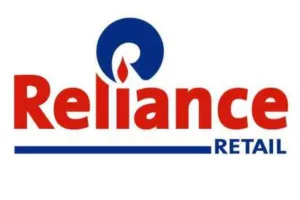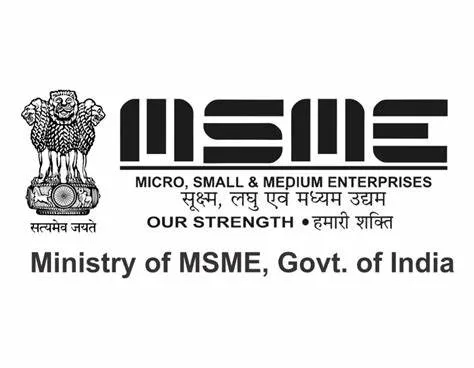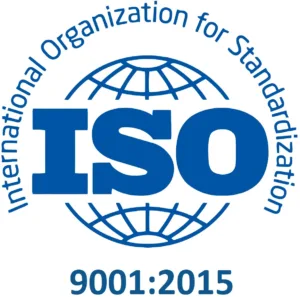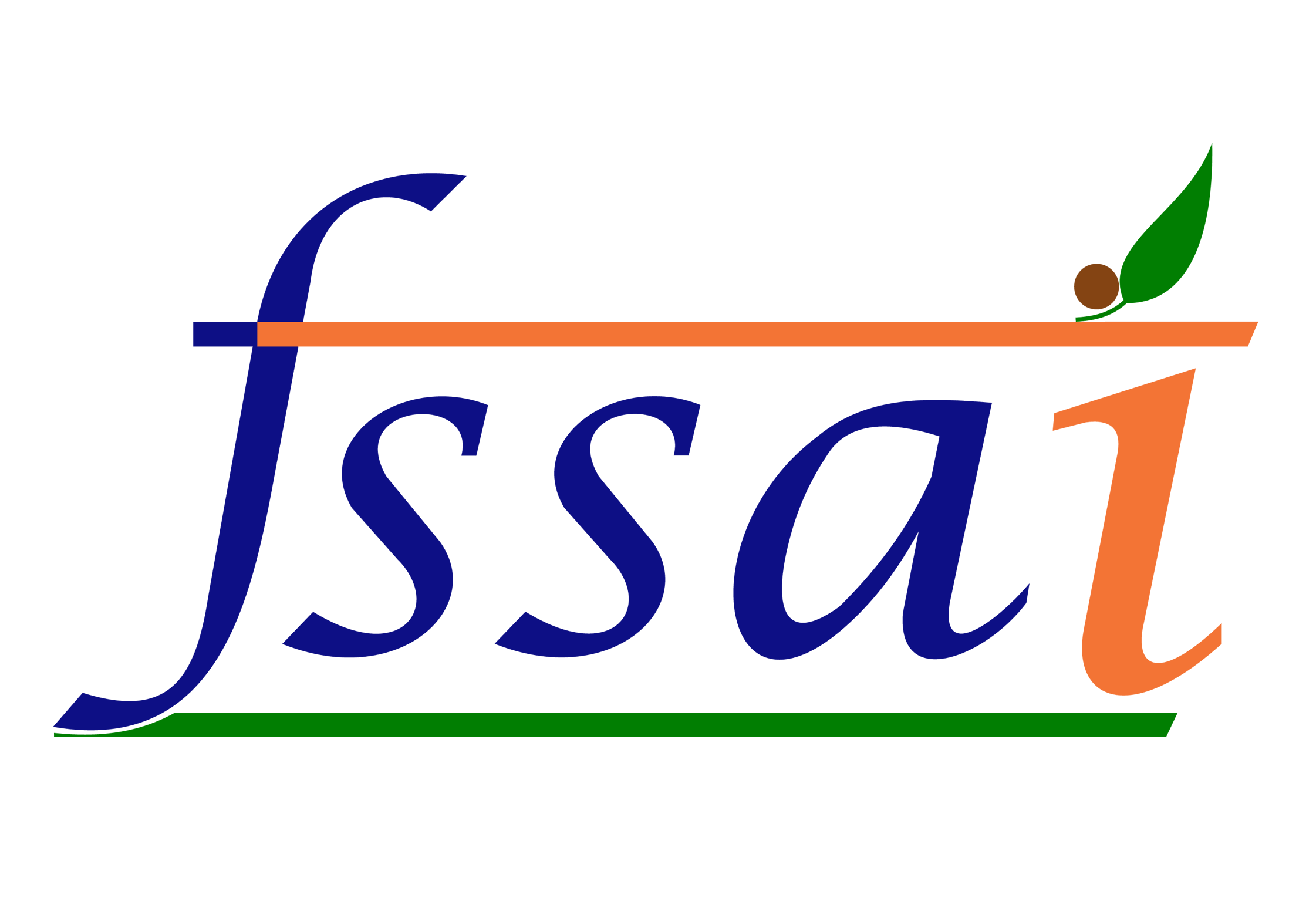Starting an Etsy shop can be an exciting venture for creative entrepreneurs. Here’s a detailed guide to help you begin your journey on Etsy.
How to Start Selling on Etsy
Step 1: Create an Account To start, create a free account on Etsy. Visit Etsy.com and click “Get Started.”
Step 2: Set Up Your Shop Once you have an account, use it to open your Etsy shop. You’ll need to choose a shop name that reflects your brand and is unique to Etsy.
Step 3: List Your Items Upload clear, high-quality photos of your products, set your prices, and write detailed descriptions that highlight the uniqueness of your items.
Step 4: Choose Your Payment Method Decide how you’ll accept payments. Etsy offers various options, including Etsy Payments, which is the main way customers can pay you.
Step 5: Set Up Billing You’ll need to provide a valid credit card for billing purposes. This card will be used to pay any Etsy fees.
Step 6: Customize Your Shop Add a banner, and profile picture, and fill out the ‘About’ section to tell your story. This helps build a connection with potential buyers.
Minimum Requirements for Selling on Etsy
- Age: Sellers must be 18 years or older.
- Handmade Policy: Items must be handmade by you, not another manufacturer or designer.
- Vintage Items: Must be at least 20 years old to qualify as vintage.
- Craft Supplies: These should be materials used for creating new items.
- Bank Account: A bank account is required to set up Etsy Payments.
- Compliance: Adhere to Etsy’s [Seller Policy], including the prohibition of prohibited items.
Remember, these are just the basics. It’s important to read Etsy’s full [Seller Policy] to ensure you meet all the requirements for selling on their platform. Happy crafting and selling!
Etsy Fees: A Detailed Breakdown
Listing Fees When you list an item on Etsy, you’re charged a listing fee of USD 0.20. This fee applies to each item you post for sale and is billed regardless of whether the item sells. It’s important to note that this fee is for each quantity of the items listed. If you have multiple of the same item, the listing fee will be charged for each one when it sells.
Transaction Fees Etsy charges a transaction fee of 6.5% of the total sale price, which includes the item price, shipping, and any other costs you charge the buyer. This fee is deducted from the sale proceeds.
Payment Processing Fees The payment processing fee is what Etsy charges for processing each transaction through Etsy Payments, their primary payment platform. This fee varies depending on the country of the seller’s bank. Generally, it’s around 3% + a small, fixed fee per order. For example, in the US, the fixed fee is $0.25 per transaction.
Currency Conversion Fees If you’re selling to someone in a different country and currency conversion is required, Etsy adds a currency conversion fee of 2.5% to the payment processing fee. This helps cover the cost of currency conversion.
Etsy Ads Fees If you opt into Etsy’s advertising services, such as Offsite Ads, you’ll incur additional fees. For Offsite Ads, Etsy charges a fee only when you make a sale from an ad click. This fee is 15% of the total sale price for sellers who make less than USD 10,000 in sales in 12 months. For sellers who make more than USD 10,000, the fee is reduced to 12%.
Subscription Fees Etsy also offers a subscription service called Etsy Plus. This service provides additional tools and credits for sellers to promote their items and customize their shops. The subscription fee for Etsy Plus is USD 10 per month.
Pattern Fees If you decide to create a custom website with Etsy’s Pattern service, you’ll pay a monthly subscription fee after a free trial period. The fee is USD 15 per month, which includes hosting, customization options, and integration with your Etsy shop.
In-Person Selling Fees For sellers who use Etsy’s Square integration to sell in person, the standard Square processing fees apply. There are no additional Etsy fees for in-person sales, but you must use the Etsy app to process the transaction.
VAT and Other Taxes Depending on your location, you may be responsible for collecting and remitting value-added tax (VAT) or other sales taxes. Etsy provides tools to help you calculate and collect the correct amount of tax.
Tips for Managing Etsy Fees
- Keep Track: Regularly review your Etsy bill to understand your fees.
- Price Accordingly: Factor in Etsy’s fees when pricing your items to ensure profitability.
- Budget for Ads: If using Etsy Ads, set a daily budget to control costs.
- Monitor Sales: Keep an eye on your sales to see if you’re approaching the $10,000 threshold for a lower Offsite Ads fee.
By understanding and planning for these fees, you can set up a successful Etsy shop that maximizes your earnings while delivering unique products to a global audience. Remember to stay updated with Etsy’s fee policies, as they may change over time.
Advantages of Selling on Etsy
Access to a Specific Audience Etsy is a niche marketplace that caters to customers looking for unique, handmade, and vintage items. This specialized audience is particularly beneficial for sellers who offer creative and distinctive products.
User-Friendly Platform Etsy’s platform is designed to be accessible to sellers of all experience levels. The listing tools and user interface make it easy to set up a shop and start selling.
Built-in Traffic Etsy attracts millions of visitors each month, providing sellers with a large built-in audience. This reduces the need for extensive marketing efforts to attract customers.
Seller Support Etsy offers robust seller support, including seller handbooks, forums, and customer service. These resources help sellers navigate the platform and use it effectively.
Customization and Branding Sellers can personalize their shop with a custom name, banner, and logo, allowing for a unique branding experience that resonates with buyers.
International Reach with Etsy, sellers can easily reach a global market. The platform provides resources and support for international shipping, expanding the potential customer base.
Marketing and Customer Acquisition Etsy employs various marketing strategies to drive traffic to the site, such as:
- Paid Advertising: Etsy Ads allow sellers to promote their listings within the site and in search results.
- Offsite Ads: Etsy promotes products on third-party sites like Facebook and Google, charging a fee only when a sale is made.
- SEO: Etsy emphasizes search engine optimization, encouraging sellers to use relevant keywords to improve visibility in search results.
- Email Marketing: Etsy sends promotional emails to users, which can feature sellers’ products, increasing exposure.
Low Overhead Costs Selling digital products on Etsy can have low overhead costs, making it an attractive option for entrepreneurs and creators.
Potential for Passive Income Digital products can be sold repeatedly without additional production costs, offering the potential for passive income.
Challenges and Considerations While there are many advantages to selling on Etsy, sellers should also be aware of the competition and fees associated with the platform. To thrive on Etsy, sellers need to leverage the available marketing opportunities, understand and manage fees effectively, and provide excellent customer service.
Tips for Successful Selling on Etsy
Develop a Product
- Choose Your Niche and Audience:
- Identify what you’re passionate about and select a niche.
- Understand your target audience’s demographics, interests, and shopping habits.
- Pick Profitable Products:
- Research product demand and profitability.
- Consider bestselling categories like home and living.
- Optimize Your Listings:
- Write SEO-optimized titles and descriptions.
- Use high-quality photos and videos.
- Answer potential customer questions.
- Provide Outstanding Customer Support:
- Respond promptly to messages.
- Be knowledgeable about your products.
Set Up Your Etsy Shop
- Write an Engaging “About Us” Page:
- Share your story and connect with buyers.
- Understand Etsy’s Fees:
- Know listing fees, transaction fees, and payment processing costs.
- Prepare Your Listings:
- Craft compelling descriptions.
- Make your photos stand out.
- Offer Competitive Shipping Prices:
- Factor shipping costs into your pricing strategy.
Market Your Shop
- Leverage Etsy Ads:
- Promote your listings within Etsy.
- Master Etsy SEO:
- Use relevant keywords in your listings.
- Explore Social Media:
- Join Facebook Groups related to your niche.
- Utilize Pinterest and TikTok for promotion.
Analyze and Adapt
- Track Your Progress:
- Monitor sales, bestsellers, and listing performance.
- Optimize Underperforming Listings:
- Revise titles, descriptions, and tags.
- Prioritize Product Quality:
- Deliver exceptional items to build a loyal customer base.
- Stay Persistent and Patient:
- Success on Etsy takes time and effort.
Conclusion
Starting your Etsy journey is like unlocking a treasure trove of opportunities for budding entrepreneurs. The perks are real – from the easy-to-navigate platform to the bustling community of buyers ready to discover your creations. Signing up is a breeze, so you can jump right into showcasing your goods to the world. Sure, there are fees involved, but think of them as a smart investment in your business’s future.



















